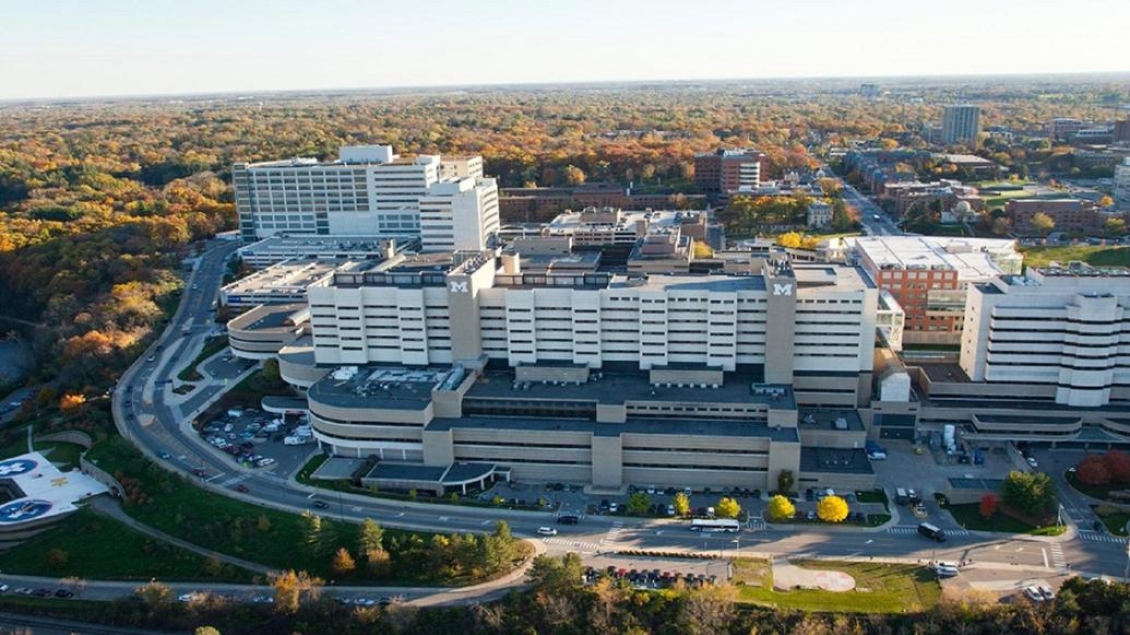
The Division of Pulmonary & Critical Care Medicine has one of the leading programs in the country for the study of the microbiome in Chronic Obstructive Pulmonary Disease (COPD), having already identified major bacterial community changes that accompany end-stage COPD.
Our Microbiome Program is one of the six national sites for the Lung HIV Microbiome Project (LHMP), whose goal is to identify changes in the lung microbiome in humans that accompany or exacerbate respiratory HIV disease.
The program has been strongly supported by funding from government and private foundation sources. Additional research interests include:
- The role of antibiotic use in the progression of inflammatory diseases
- The effect of smoking on the microbiome
- The role of the gut microbiome in regulating the development of pulmonary disease
- The potential role of the microbiome in the development/progression of lung cancer
Studies of the microbiome - in humans and relevant animal models - is a biomedical research discipline that has seen an explosion of interest from both researchers and clinicians during the past decade. The microbiome is the collection of microorganisms (bacteria, archaea, fungi, viruses and parasites) that inhabit the body and has historically been referred to as the “microflora” or “flora.” Members of this community can have detrimental effects and/or beneficial effects on host physiology and immunity. The goal of this research program in the division is to identify the roles that various members of the microbiome play in health and disease, and move toward applying this knowledge in the management of respiratory diseases.
Microbiome research is, by its very nature, interdisciplinary and relies on expertise in microbiology, microbial ecology, computational biology & bioinformatics, immunology, physiology, cell & molecular biology, pathology and clinical practice. Thus, we collaborate quite extensively with the Divisions of Infectious Diseases and Gastroenterology, as well as the Departments of Microbiology & Immunology and Computational Biology. The microbiome research program boasts numerous training opportunities in the various disciplines described above for fellows (MD and PhD), as well as graduate and undergraduate students, and is supported by a number of training grants based both in the division as well as in other units.